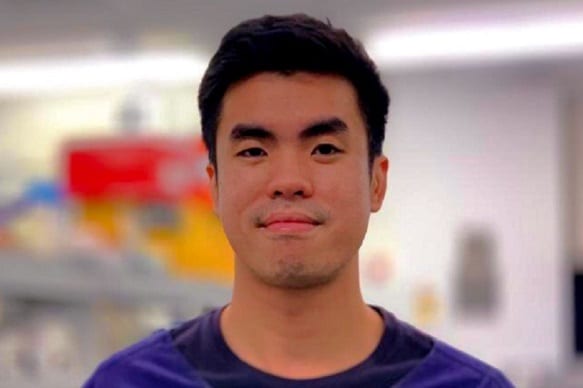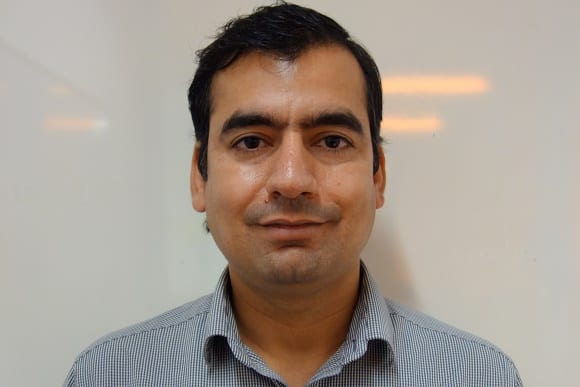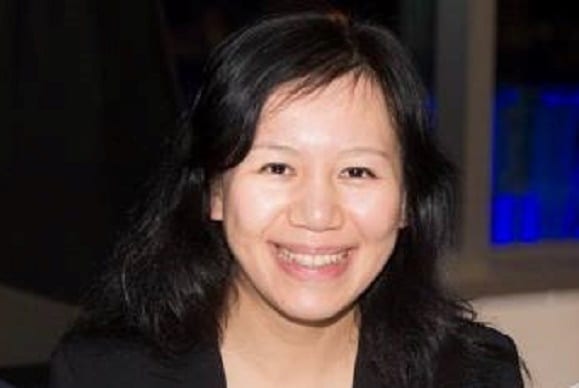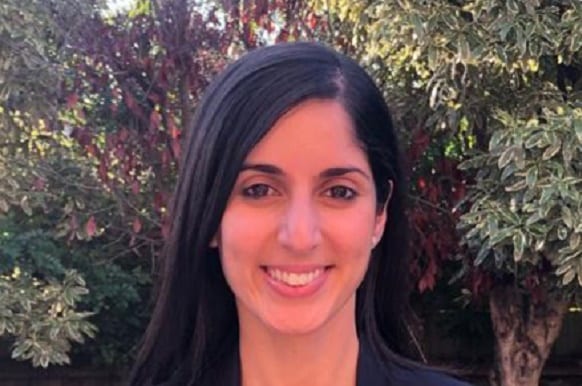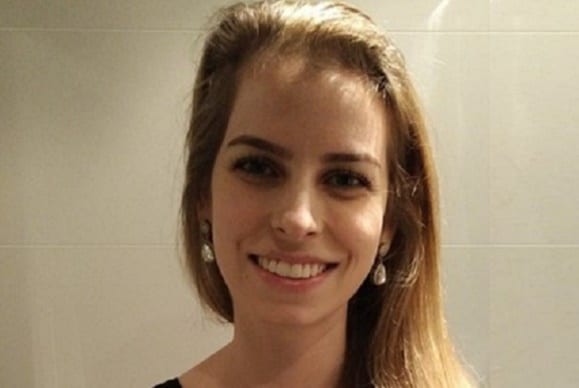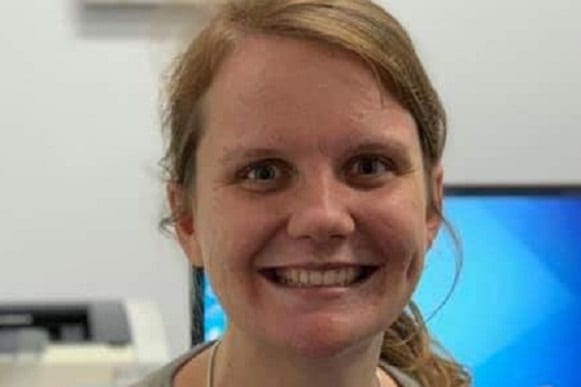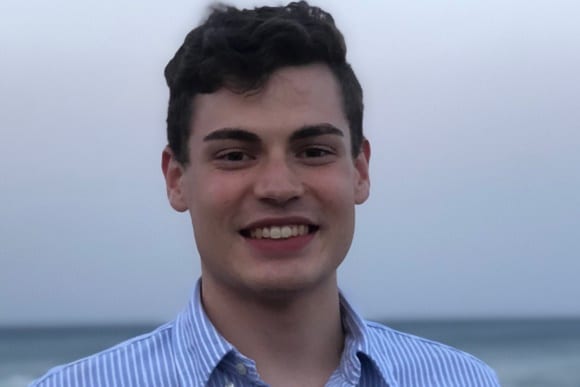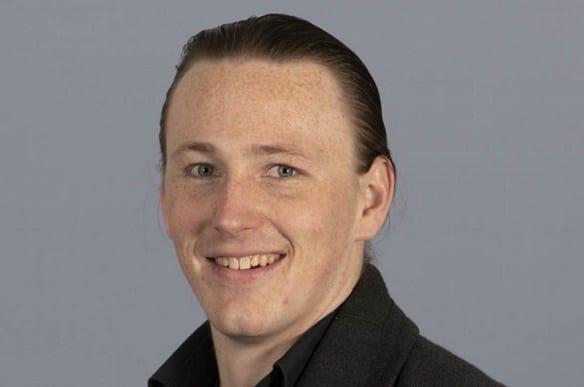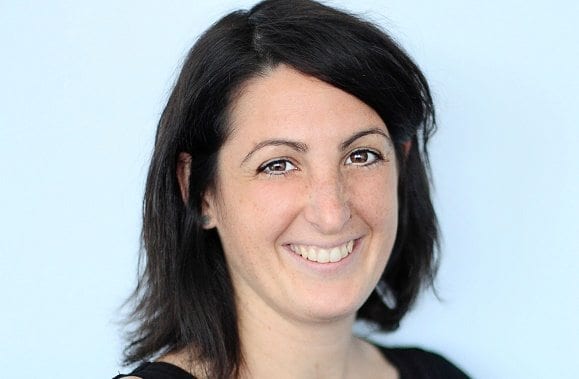Lionel Leck is a first year Ph.D candidate in Medicine at the department of Pathology University of Sydney. His main research interest is on cancer multidrug resistance, specifically in the family of ATP-binding cassette (ABC) proteins of substrate transporters such as P-glycoprotein (Pgp) and Multidrug resistance protein 1 (MRP1).
Read more >I was born in India and completed Bachelor of Engineering Studies in 2007. Throughout the life, I was excellent at mathematics and performing related tasks. I had a passion to achieve something great using mathematical skills.
To accomplish it, I came to Australia in 2013 and did two masters degrees at the University of Wollongong and related casual work. Completing my one year research project as part of my masters motivated me to pursue further research, including a PhD.
Read more >I am a science and psychology graduate, having completed a Bachelor of science (Nutrition), Graduate Diploma (Psychology) and Graduate Diploma Advanced (Psychology). Over the course of my studies, I have developed an integrated model of scientific knowledge, providing a frame work for novel creative ideas and potential improvements in various theories and methods.
Read more >I graduated from the University of Melbourne Medical School the top of my class in 2011. I then went on to work at the Royal Melbourne Hospital and Austin Hospital as a junior doctor, before entering neurology specialty training.
I undertook my final year of advanced training at the National Hospital for Neurology and Neurosurgery, Queen Square, London, where I am currently completing an additional year as a clinical fellow working in multiple sclerosis. I am planning to return to Australia in 2020 to commence a PhD in this field.
Read more >I am a first year PhD candidate, investigating the biological contributors to the development of Alzheimer’s disease and related dementias. I have both Behavioural Neuroscience and medical degrees, with expected qualification as a Neurologist at the end of 2019. I strongly believe in the complimentary roles of research and clinical work to enhance the understanding and, therefore, care of people living with dementia.
Read more >I completed a Bachelor of Science majoring in Neuroscience at the University of Sydney which sparked my interest in neurological conditions and their brain pathways. This curiosity and enjoyment in research led to the completion of my Honours degree in migraine pain for which I was awarded a first class. Throughout my honours year, I learned about the debilitating nature of the migraine condition that affects the quality of life for so many individuals in the community.
Read more >Rita is a newly qualified GP and a PhD student at the University of Melbourne. After completing medical school in Ireland, she moved to Melbourne to train as a GP. As part of her GP training, she completed an Academic GP Registrar position at the Department of General Practice at the University of Melbourne.
Rita believes that clinical work as a GP and being involved with research leads to better outcomes for her patients. She wants to further investigate how GPs could use electronic health technology to more effectively diagnose and manage type 2 diabetes.
Read more >Mitchell St Clair-Glover is a student at the University of Wollongong currently undertaking a PhD in Medical Science. He has a strong passion for research and is excited by where it may take medicine in the future. In the laboratory, Mitchell works with stem cells to model human tissues such as nerves and the skin.
This PhD project extends on from Mitchell’s Honours research with stem cells in 2019, embracing new and exciting tissue engineering technologies.
Read more >I am a PhD candidate with Deakin University’s School of Medicine. I completed my VCE at St Joseph’s College, Geelong. My passion for medicine and education comes from my mother, who is an emergency and critical care nurse and my father who is a teacher. I completed a Bachelor of Biomedical science and an Honours in Health and Medical science at Deakin University. I undertook this pathway in the hope of contributing to my field and the health of the greater public by producing impactful, innovative, clinical research. I work to enrich the experiences of the next generation of budding scientists through my position as a marking tutor and laboratory demonstrator with Deakin University’s School of Life and Environmental Sciences.
Read more >Ilaria Pozzato is a Rehabilitation Physician specialist with an expertise in brain injury. She completed a MBBS (Honours) and a Master’s degree in Physical Medicine and Rehabilitation at Padua University, Italy. In 2014 she began working as Research Fellow at the John Walsh Centre for Rehabilitation Research – University of Sydney. In this role she has further developed her expertise in evaluating health outcomes and disability following an injury, using a bio-psycho-social approach.
Read more >